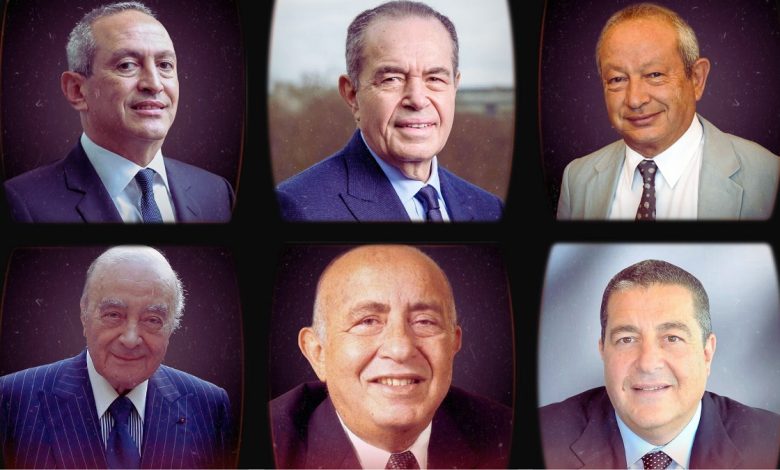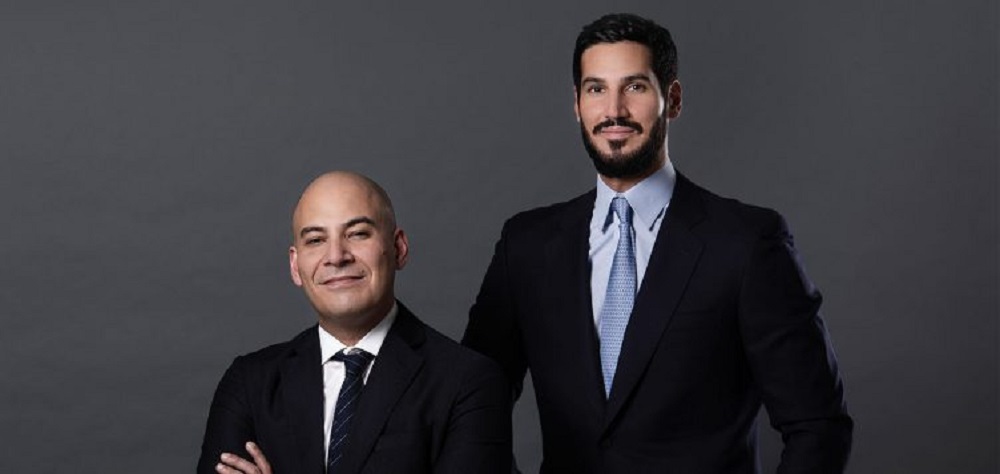The Richest Arab and Muslim Families in the United States: Wealth, Industries, and Influence
A comprehensive look at the wealthiest Muslim and Arab-origin families shaping America’s business, tech, real estate, and sports industries.

Arab and Muslim families in the United States have become some of the country’s most successful entrepreneurs, investors, and business leaders. Their wealth spans multiple industries—from real estate and technology to retail, medicine, and finance. While many American Arab and Muslim families maintain privacy regarding their net worth, several well-known families and individuals consistently rank among the wealthiest due to their business empires and long-term investments.
Below is a detailed overview of the most affluent Arab and Muslim families in the U.S., including their industries, backgrounds, and influence.
1. The Sawiris Family (Egyptian) – Billionaire Investments and Telecom Empire
The Sawiris family is one of the wealthiest Arab families in the world, and several members maintain large investments in the U.S.
Key members:
-
Nassef Sawiris — one of the world’s richest Arabs
-
Naguib Sawiris — telecom and media magnate
-
Samih Sawiris — real estate and tourism entrepreneur
Major U.S. investments:
-
Adidas (major shareholder)
-
Orascom companies in U.S. infrastructure
-
Real estate holdings in New York and Florida
The Sawiris family is known for philanthropy, education funding, and major business partnerships with American institutions.
2. The Mansour Family (Egyptian) – Automotive and Retail Conglomerate
The Mansour family runs one of the Middle East’s largest conglomerates, with significant business activity in the United States.
Key figures include:
-
Mohamed Mansour
-
Youssef Mansour
-
Yassin Mansour
The family’s American investments include:
-
General Motors partnerships
-
Real estate across Texas and California
-
Tech and retail investments
Mohamed Mansour also operates political and philanthropic networks in the U.S.

3. The Hariri Family (Lebanese-Saudi) – Construction, Telecom, and Global Finance
The Hariri family, originally from Lebanon with strong Saudi ties, holds large foreign assets, including in the United States.
Wealth sources:
-
Saudi Oger construction empire
-
Telecommunications
-
Global real estate
Members maintain luxury property portfolios in:
-
New York
-
Washington, D.C.
-
Florida
Their political influence and charitable foundations extend into American institutions and universities.
4. The Al Nahyan and Al Maktoum Investments (UAE) – Sovereign Wealth Extensions
While not U.S. residents as families, members of the ruling families of the UAE hold massive American assets through investment arms.
Examples include:
-
ADIA (Abu Dhabi Investment Authority)
-
Mubadala
-
Dubai Investment Group
Their investments include:
-
U.S. real estate (NYC, LA, Miami)
-
Tech startups
-
Hospitality chains
-
Infrastructure
Several family members maintain private residences and business operations in the United States.
5. The Jameel Family (Saudi) – Automotive and Philanthropy Giants
The Jameel family, owners of Abdul Latif Jameel Group, has a major footprint in the U.S. through:
-
Toyota partnerships
-
Jameel Poverty Action Lab at MIT
-
U.S.-based investments in mobility, renewable energy, and AI
Their philanthropy in American universities makes them influential donors.

6. The Safra Family (Lebanese-Brazilian Jewish) – One of the Richest Banking Families
Though not Muslim, the Safra family is one of the richest Arab-origin families in the U.S.
Key facts:
-
Founded banking empire in Lebanon
-
Large U.S. real estate and financial institutions
-
Major properties in New York and Miami
The family’s wealth is estimated at tens of billions.
7. The Shahid Khan Family (Pakistani Muslim) – Billionaires in Manufacturing and Sports
One of the richest Muslim families in the U.S.
Shahid Khan, born in Pakistan, built a billion-dollar empire in automotive parts manufacturing.
Assets include:
-
Jacksonville Jaguars NFL team
-
Fulham Football Club (U.K.)
-
All Elite Wrestling (AEW)
-
Real estate and entertainment ventures
His son Tony Khan manages much of the sports and media empire.
8. The Najafi Family (Iranian Muslim) – Private Equity and Media Power
Phoenix-based Jahm Najafi runs Najafi Companies, a multi-billion-dollar private equity firm.
Investments include:
-
Media
-
Consumer brands
-
Technology
-
Sports (stake in Phoenix Suns, McLaren Racing)
The Najafis are among the wealthiest Muslim families in the United States.
9. The Saberi & Hedayat Families (Persian-American Muslims) – Tech and Orthodontics Empires
Successful Iranian-American Muslim families have built wealth across:
-
Tech startups
-
Medical practices
-
Real estate
While not publicly ranked, many are multi-millionaires with growing influence in West Coast tech communities.
10. Prominent Arab-American Millionaire Families in Business and Medicine
Several wealthy Arab and Muslim families in the U.S. originate from:
-
Lebanon
-
Palestine
-
Jordan
-
Iraq
-
Yemen
Many have built fortunes through:
-
Real estate
-
Medical practices and hospital ownership
-
Tech entrepreneurship
-
Retail and food industries
Cities with the highest concentration of affluent Arab/Muslim families include:
-
Detroit metro (Dearborn, Troy, Bloomfield Hills)
-
Houston
-
Los Angeles
-
Northern Virginia
-
Chicago



